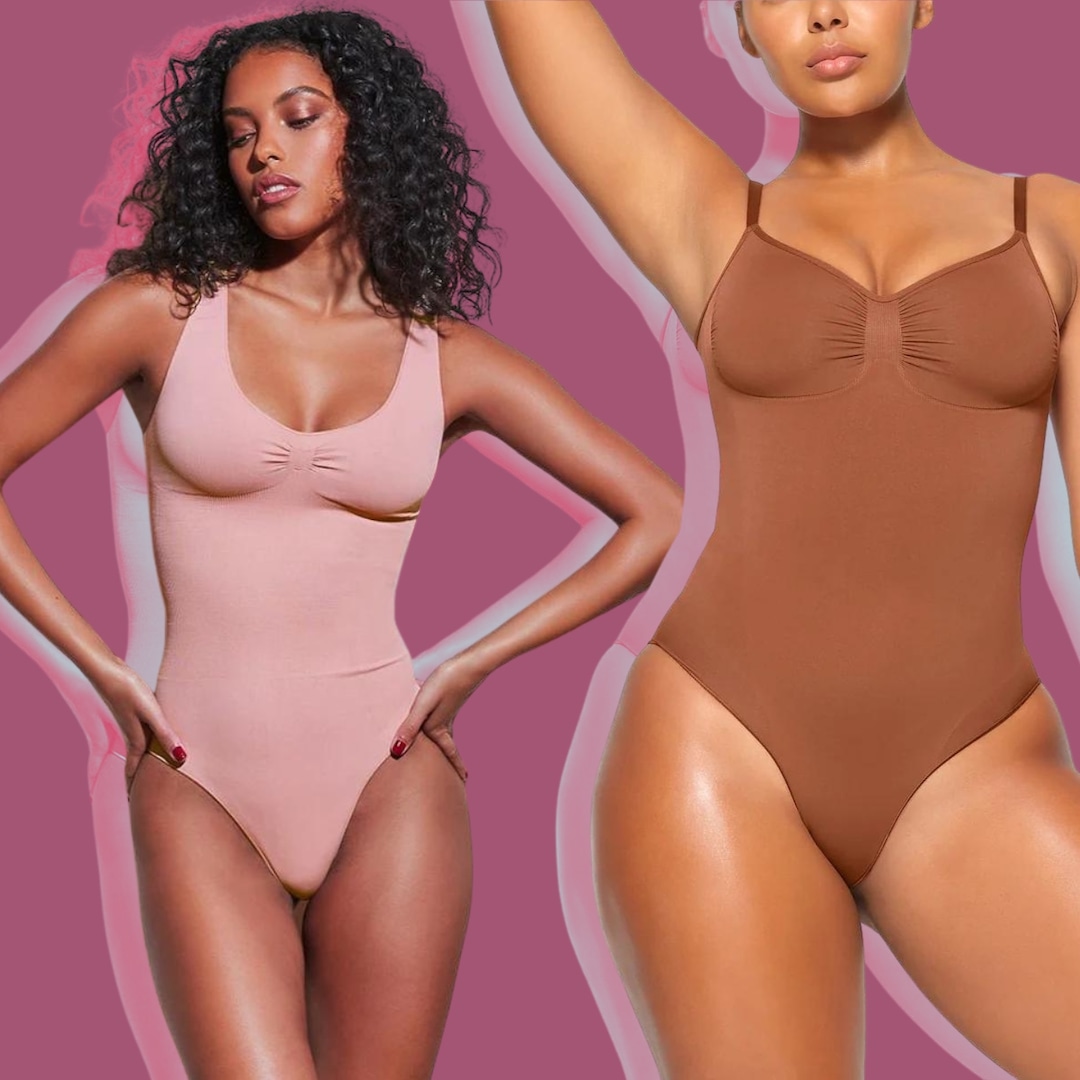Best Tinted Sunscreens for All Skin Types, Get a Boost of Color & SPF
When it comes to anti-aging, you can use red light therapy or a lot of skincare products – which are great options – or you could invest in a daily sunscreen. Now, if you’re not a fan of the way sunscreen can look or feel on your face, then I’m here today to tell you about tinted sunscreens. A tinted sunscreen can give you a creamy or matte finish to even out your skin tone, plus give you that protection from the sun’s rays. It’s a tinted moisturizer with SPF, essentially. They’re perfect for oily skin, dry skin, acne-prone skin, mature skin, sensitive skin, and more, and since they can come in dozens of shades, you’re sure to find the right option for you. To help you choose the best tinted sunscreen for your skin type, I’ve broken down factors to look for in your decision making process. Let’s go.
What Is Tinted Sunscreen?
There’s no mystery to it, tinted sunscreens are sunblock with a bit of color in them. They still protect your skin from harmful UV rays, but the pigmented tint can act like a buildable foundation in your skincare routine. It’s like your makeup and skin protection had an adorable (and handy) little baby. Just apply a coin-sized amount to your face for light to medium coverage and re-apply as needed.
What to Look for in a Tinted Sunscreen
There are a few factors to consider when shopping for a tinted sunscreen:
- Type of Sunscreen: There are two types of sunscreen — mineral (or physical) sunscreen and chemical sunscreen. Most tinted sunscreens are a mineral formula, which means they use minerals, specifically zinc oxide, titanium dioxide, or a combo of both, to physically block both UVA and UVB waves, acting like a shield over your skin. Chemical sunscreens, made up of chemical ingredients like octinoxate, homosalate, octisalate, avobenzone, or oxybenzone, protect the skin from UVB rays by absorbing the UV light. Which sunscreen you choose depends on your personal preference, but those with sensitive skin might find that mineral sunscreens are less irritating.
- SPF: The SPF of your sunscreen depends on you. Generally, it’s good to use an SPF 30 or higher, and at least SPF 50 for extra protection.
- Shade: How much pigment is in your sunscreen depends on you. Some brands have just a few color options, while others have dozens, some provide full coverage, while others deliver a light, natural glow – again, it’s up to you.
So, keep on scrolling for the best tinted sunscreens to take you to Coachella, Stagecoach, the beach, the mountains, or just a coffee run. Protect your skin daily, and look great doing it. What else could you want?
Check out our Latest News and Follow us at Facebook
Original Source







